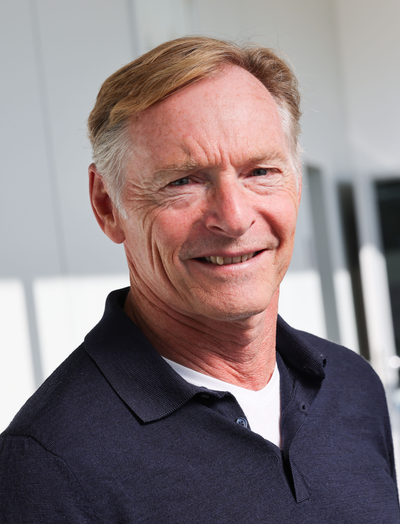Mercedes-Benz Reveals New EV TechnologiesMercedes-Benz Reveals New EV Technologies
The technologies include a solar energy-capturing paint, a cell-level battery management system and an electric motor-based braking system.

Mercedes-Benz reveals three new technologies it is developing with an aim of enhancing the efficiency, range and sustainability of its future electric models.
The technologies, among others currently undergoing testing at the laboratory level and in prototypes, include a solar energy-capturing paint, a cell-level battery management system and an electric motor-based braking system.
While Mercedes-Benz claims these innovations could “revolutionize” electric-vehicle performance, they remain in the early stages of development and are not yet ready for large-scale production but envisaged for future-generation models.
SolarSkin: Allowing Sunlight to Recharge Your Car
SolarSkin is an ultra-thin photovoltaic coating designed to generate energy directly from sunlight. The automaker claims this solar paint, just 0.0002 in. (0.005 mm) thick and weighing 0.11 oz. (3.1 gm) per square foot, can be seamlessly applied to a vehicle’s exterior.
With a claimed 20% efficiency rate, a midsize SUV equipped with 118 sq.-ft. (11 sq.-m) of SolarSkin could generate enough energy for up to 7,456 miles (12,004 km) of annual driving under ideal conditions.
Mercedes-Benz estimates that in Stuttgart, where the average daily commute is 32 miles (52 km), daily solar power could conceivably cover 62% of the distance. In sunny cities like Los Angeles, SolarSkin could potentially meet over 100% of daily driving needs, with surplus energy available for home charging via bidirectional systems.
Mercedes-Benz says the SolarSkin technology under development uses non-toxic, readily available materials, contains no rare-earth elements or silicon and is fully recyclable. It also claims the technology is more cost-effective than traditional solar modules. However, scalability and real-world performance are still under review.
CellBalancer: Energy Management at Cell Level
The CellBalancer system represents a shift in battery management by allowing for cell-level control rather than managing the battery as a whole. Mercedes-Benz says this is made possible through programmable micro-converters integrated directly at the battery cell level, enabling precise regulation of individual cells.
The system reportedly maintains a constant 800V output, independent of cell charge states or degradation. Mercedes-Benz claims this approach could increase range, simplify manufacturing and enable seamless bidirectional charging.
Additionally, the CellBalancer’s modular design could allow for easier battery repairs or upgrades, but again its feasibility in mass production has yet to be confirmed.
InDrive Brake: Compact and Maintenance-Free
Mercedes-Benz is looking to do away with conventional electric vehicle braking systems with its InDrive Brake. Unlike the brakes used by electric vehicles today, the new braking system is housed completely within the electric motor.
The company claims the InDrive Brake reduces weight, eliminates rust and requires virtually no maintenance. Additionally, it produces no particulate emissions, addressing environmental concerns associated with brake dust. This design also facilitates fully enclosed aerodynamic wheel rims, improving efficiency and ride quality.
About the Author
You May Also Like

